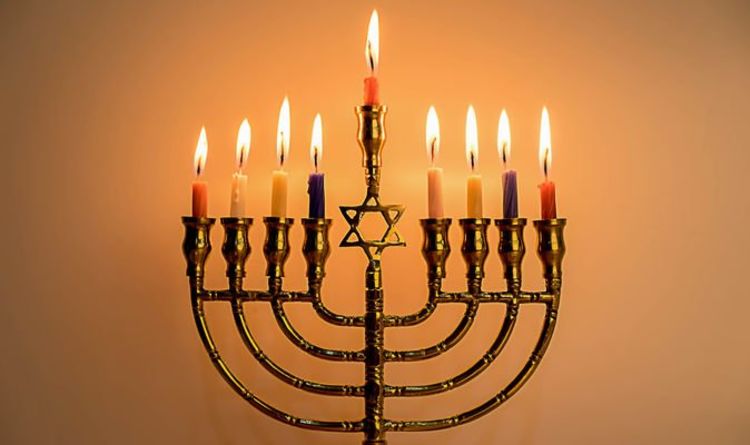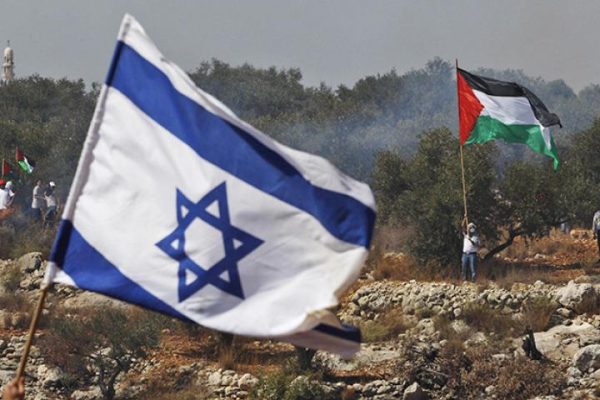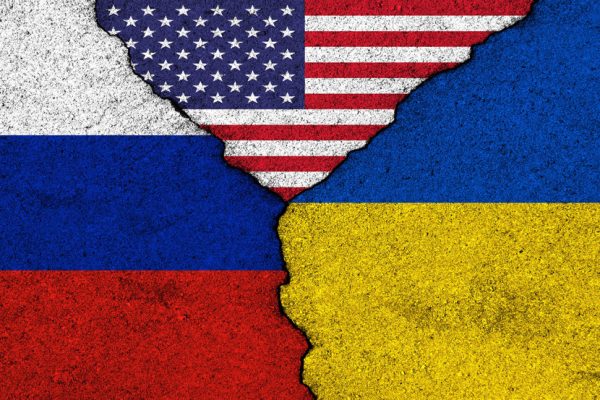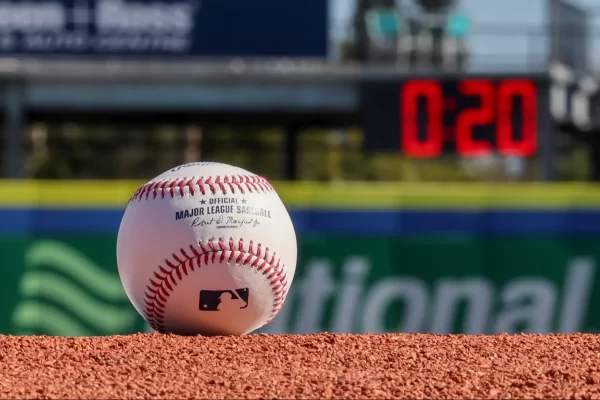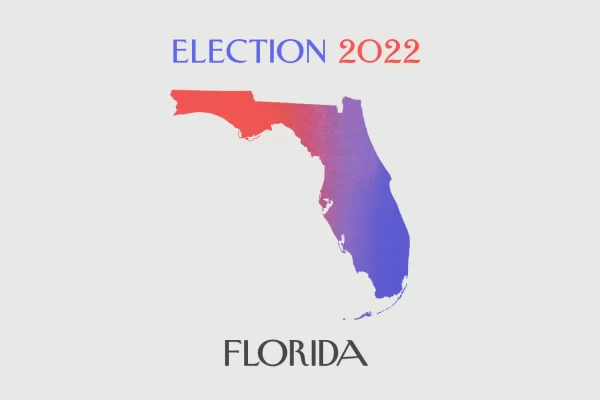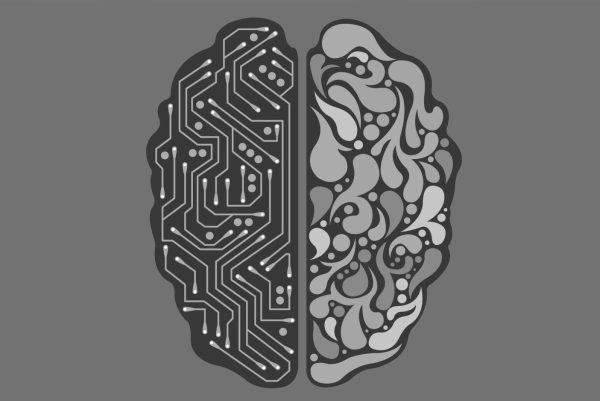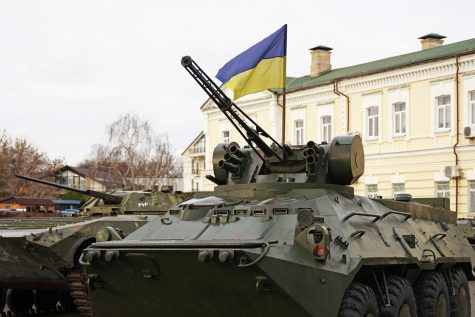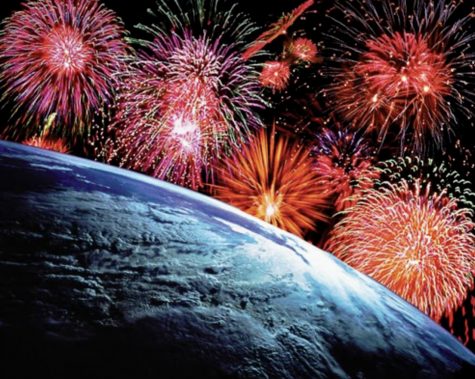Happy Hanukkah!
Believe it or not, Hanukkah is upon us and many people don’t even know it. That’s because most people today don’t know the significance of the Festival of Light, the English translation for Hanukkah.
The Jewish story of Hanukkah itself is a miracle of its own. In 168 BCE, the Greek Empire was the ruling power of the world. They were normally tolerant of other faiths but not the Jews. They defiled the Jewish Temple in the city of Jerusalem by installing an altar to Zeus and sacrificing pigs. This goes against Kosher, a set of Jewish laws regarding what can and cannot be eaten.
A small army of Jews, known as the Maccabees, rebelled against this religious persecution. They regained control over the Temple, removed the symbols of Zeus and built a new altar so they could once again offer sacrifices in keeping with Jewish law.
At the beginning of the new altar, there was only enough oil to keep the Temple’s menorah burning for one day. But the flame stayed lit for eight days until a new supply of oil could be found. This became the basis for the eight-day celebration of Hanukkah.
Today, Hanukkah is celebrated with families gathered around the menorah, enjoying tasty Jewish delicacies such as latkes (Potato Pancakes), challah (bread), apple cake, hamantaschen (stuffed cookies), soft pretzels, beef brisket and cream of artichoke soup.
Jewish tradition is also to play a game called Dreidel. This is a purely luck-based game revolving around what side the 4-sided top (Dreidel) lands on when you spin it. Each player starts with a set amount of Gelt (chocolate) and each side of the dreidel tells the spinner it what to do with their Gelt.
Although, some Jewish families have their own unquie traditions.
“Every year, we put up a Christmas tree and our menorah,” junior Jacob Zifferblad said. “I like to think it’s more of a modern way to celebrate the holidays because many people barely acknowledge the religious aspect of Christmas.”
This year Hanukkah began on the night of December 10th and concluded on December 18th. Every year it differs due to Hanukkah’s date being set on the Julian calendar. All Jewish holidays are based off this calendar instead of the traditional Gregorian calendar most commonly used.
The holiday’s inconsistent dates can lead to it overlapping with other holidays like Christmas or Thanksgiving. Plays on words like Christmasukkah and Thanksgivukkah have come from this.

This is Jake Hopkins. Jake’s a senior and is 17 years old and a staff-writer on the newspaper team. This is his second year on the Greyhound Growl....


